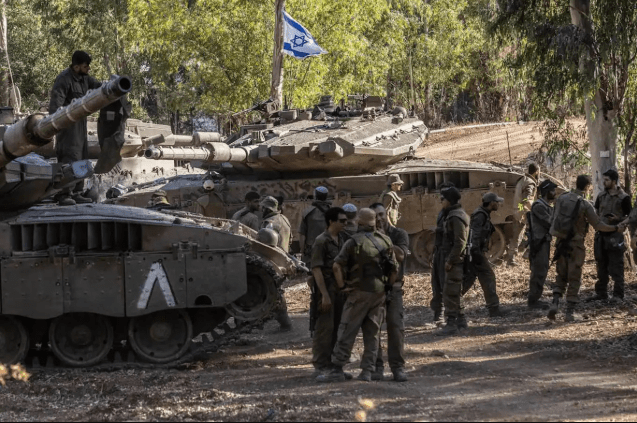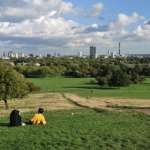At least 71 Lebanese civilians killed by Israel since the November ceasefire, the United Nations confirmed on Tuesday, raising urgent human rights concerns amid ongoing regional tensions.
The death toll, which includes 14 women and nine children, has prompted calls for independent investigations into the Israeli military’s actions in Lebanon.
United Nations Demands Accountability for Civilian Deaths in Lebanon
Thameen Al-Kheetan, spokesperson for the UN Office for the High Commissioner for Human Rights (OHCHR), emphasised: “Each and every military action where civilians are killed must be thoroughly investigated.”
Among the most troubling incidents was the 3 April strike that destroyed a newly opened medical centre in Naqoura. The facility, operated by the Islamic Health Society, was a vital service in southern Lebanon and its destruction has been condemned by humanitarian observers.
The OHCHR noted that in addition to these attacks, rockets, mortars, and a drone have been launched from Lebanese territory into northern Israel. Tens of thousands of Israelis remain displaced as a result of the continued unrest.
“The ceasefire must hold, and any escalation is a risk for stability in general in Lebanon, Israel and the whole region,” Al-Kheetan warned.
Later that same day, an Israeli drone attack struck a vehicle in the southern Lebanese town of Aitaroun. The airstrike killed one person and wounded three others, including a child.
According to the Israeli military, the strike targeted “a squad commander in the special operations unit of Hezbollah.”
Ceasefire Terms Under Pressure
Since the ceasefire was enacted on 27 November to end over a year of hostilities between Israel and Hezbollah, including two months of heavy conflict, violations have persisted.
Key points of the truce included:
- Hezbollah withdrawing from south of the Litani River
- Dismantling of all military infrastructure by Hezbollah
- Full Israeli withdrawal from southern Lebanon
Despite partial compliance, Israel continues to occupy five fortified positions in Lebanon, which it deems “strategic.”
Lebanese Army Takes Control of Southern Region
The Lebanese army has deployed units to the border areas vacated by Israeli forces. President Joseph Aoun confirmed that the military is actively “dismantling tunnels and warehouses and confiscating weapons bases south of the Litani River without any problem from Hezbollah”.
A senior Hezbollah representative told Reuters on Thursday that the group is open to negotiating the future of its weapons—on condition that Israel fully ceases airstrikes and withdraws from all Lebanese territory.






